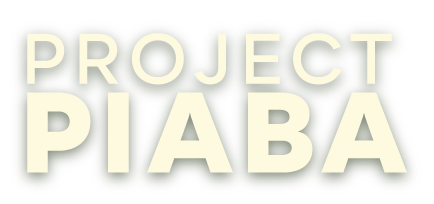About Project Piaba
Make A Donation
Our Story
Deep in the heart of South America’s Amazon Basin, in one of the most pristine and bio-diverse areas on earth, the Rio Negro stretches nearly 2300 kilometers before joining the Amazon itself near the Brazilian city of Manaus. The world’s largest “black water” river, its unique tea-colored water is home to more than 800 species of freshwater fish, many of which are found nowhere else on earth.
One of these fish—the Cardinal Tetra (Paracheirodon axelrodi)—gained worldwide attention after its discovery in the 1950’s. With its vibrant blue-and-red coloration and peaceful schooling behavior, it immediately attracted the attention of the growing aquarium hobby. Over time, an entire industry grew up in the region based on collecting, transporting, and exporting these and other tropical fish species to supply home aquariums, mainly in the US and Europe.
Over time, this trade grew to have a major impact along the Rio Negro—especially in the municipality of Barcelos, a few days by boat upriver from Manaus. This small town became a major transportation hub for tropical fish collected in the numerous riverside villages throughout the municipality (which is roughly the size of the state of New York) before they were sent to Manaus for export. In this rural, largely undeveloped region, tropical fish collecting and trade was a major source of employment, with a majority of the cash incomes in Barcelos were derived from this trade.
For 25 years, Project Piaba has been at the forefront of research into this unique fishery and its impacts. In 1989, the first major study of the region was initiated by University of Amazonas (UA) and the National Institute of Amazon Research (INPA) in Manaus. The results of this study demonstrated not only the enormous importance of the home aquarium fish trade to the region but also indicated that it was largely sustainable—much to the surprise of the scientists involved and this work was first published in 1992 by Dr. Chao.
Subsequent research confirmed this and continued to expand our understanding of this artisanal fishery—even suggesting that fish collection, and the livelihoods it supported, were responsible for the preservation of forest and river habitat. And so, in 1991, Project Piaba was officially founded by Dr. Ning Labbish Chao, then a professor at University of Amazonas to continue to research this fascinating, environmentally beneficial fishery. In 1995, Project Piaba became an official non-profit with incorporation as Bio-Amazonia Conservation International, a 501(C)(3), non-profit founded by Dr. Chao and Scott Dowd with a non-profit business name of Project Piaba (little fish).
Since its inception, the Project has continued to sponsor and collaborate on research, making the Rio Negro home aquarium fish trade one of the most well-studied fisheries of its kind. Visit our publications page for a full list of scientific papers and popular articles written about this fishery and Project Piaba’s role in it.
Unfortunately, in the years since the Project was founded, the Rio Negro’s home aquarium fishery has come under pressure from many outside factors and today is nearing collapse. These market forces have the potential to decimate the fishery if we were not to work on studying and fostering the fishery. These market forces include and are not limited to:
-
- Perceptions of wild-collected aquarium fish in general
- Fishery infrastructure challenges and seasonal availability due to natural flood and drought seasons
- Pressure from Brazil’s endemic species which are being farm-raised outside of Brazil
- Animal rights groups and legislation pressures
- The story of the Rio Negro Fishery is a complex story to tell
Should this fishery disappear, it is likely many of the positive impacts it has had on the region—including the protection of critically important habitat—will be lost. Locals who rely on sustainable fishing to support their families will be forced to find other means of subsistence, which will mean an increase in slash-and-burn agriculture, illegal logging, and urban migration.
With the goal of alleviating this preventable collapse and preserving the fishery—along with the socioeconomic and environmental benefits it provides—current Executive Director Scott Dowd brought together a group of stakeholders in 2012 to broaden Project Piaba’s scope beyond research.
Today, with our partners in the zoo and public aquarium industry, the global home aquarium fish trade, and with researchers and conservationists worldwide, we are working to help ensure that this fishery has a viable future.
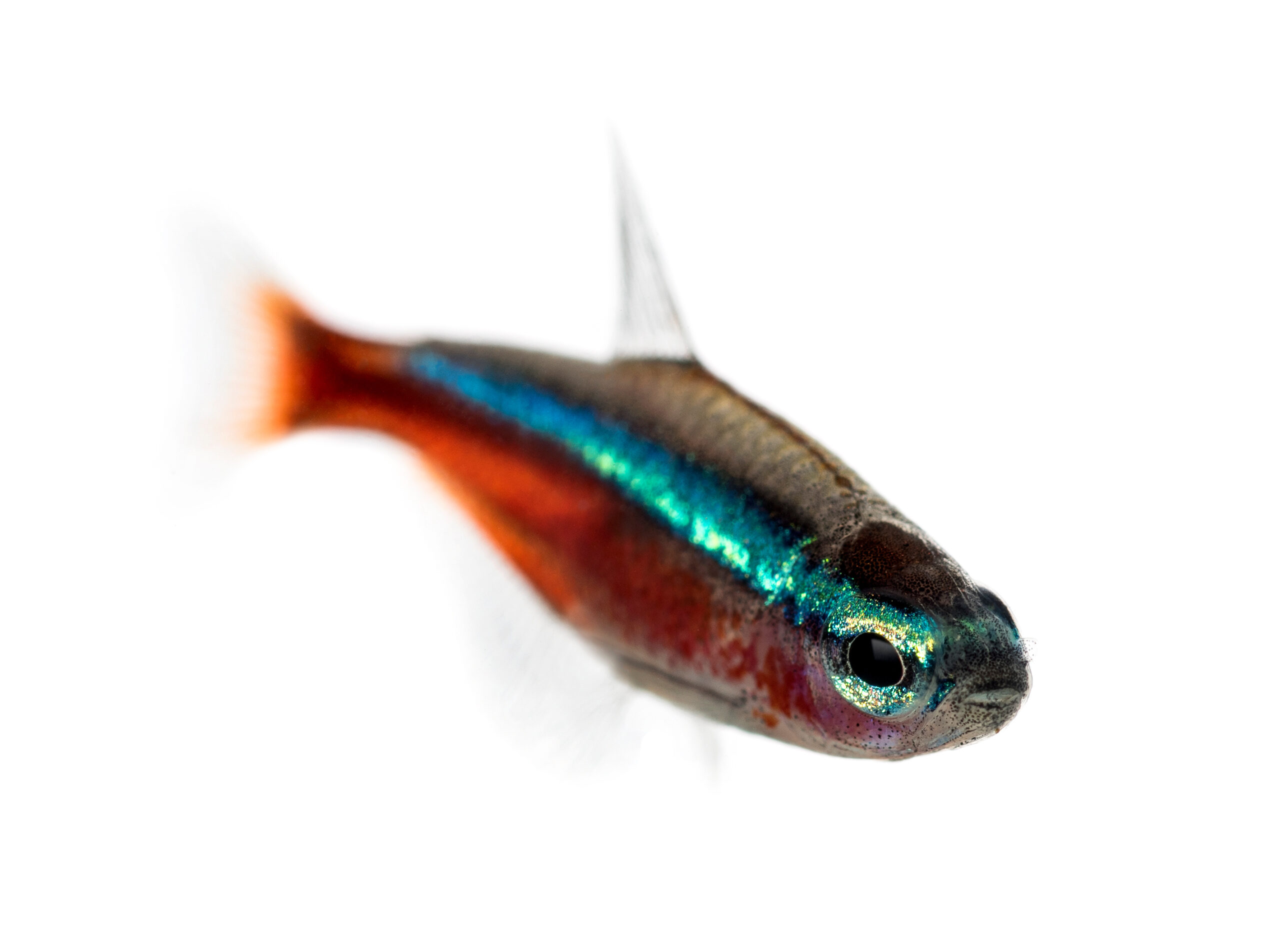
The Humble Cardinal Tetra
Paracheirodon axelrodi, better known as the Cardinal Tetra, gained worldwide attention after its discovery in the 1950’s. With vibrant blue-and-red coloration and peaceful schooling behavior, it immediately attracted the attention of the growing aquarium hobby. Over time, an entire industry grew up in the region based on collecting, transporting, and exporting these and other tropical fish species to supply home aquariums, mainly in the US and Europe.
Approximately 80% of trade from artisanal fisheries in the Rio Negro is comprised of this single species.
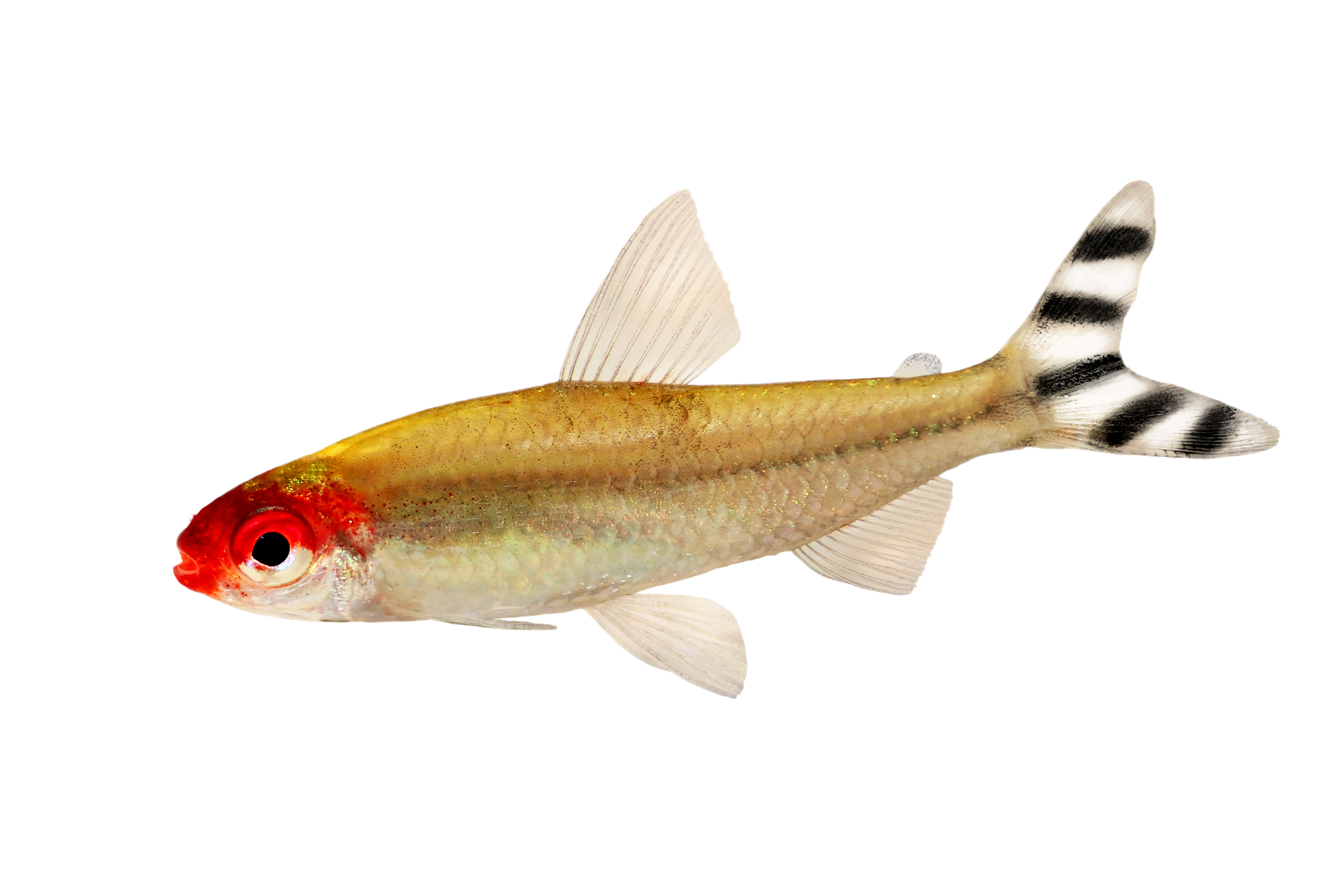
Learn more about how we are working to help ensure this fishery has a viable future.
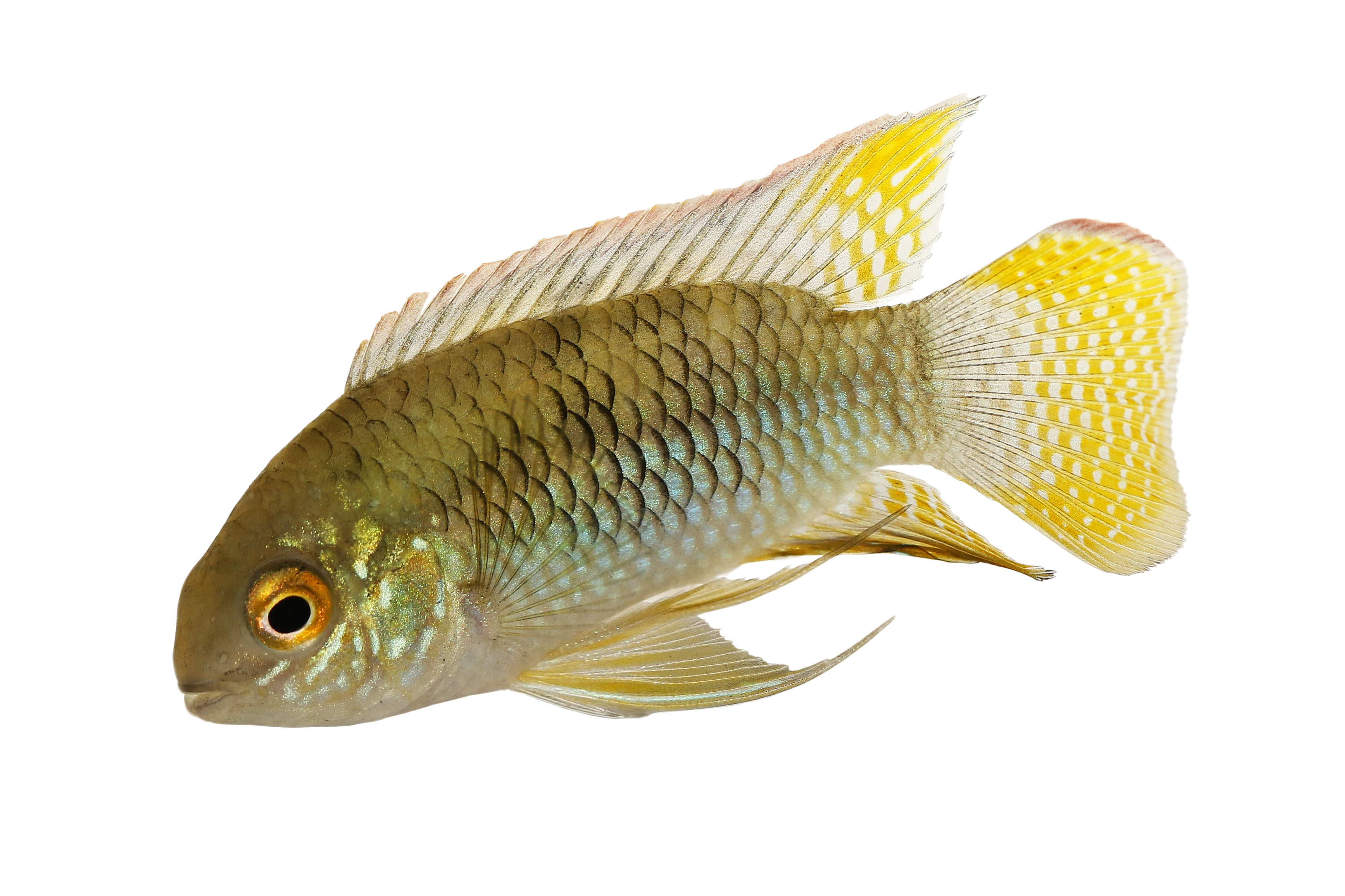
Learn more about our team of volunteers dedicated to this fishery and the fisherfolk.
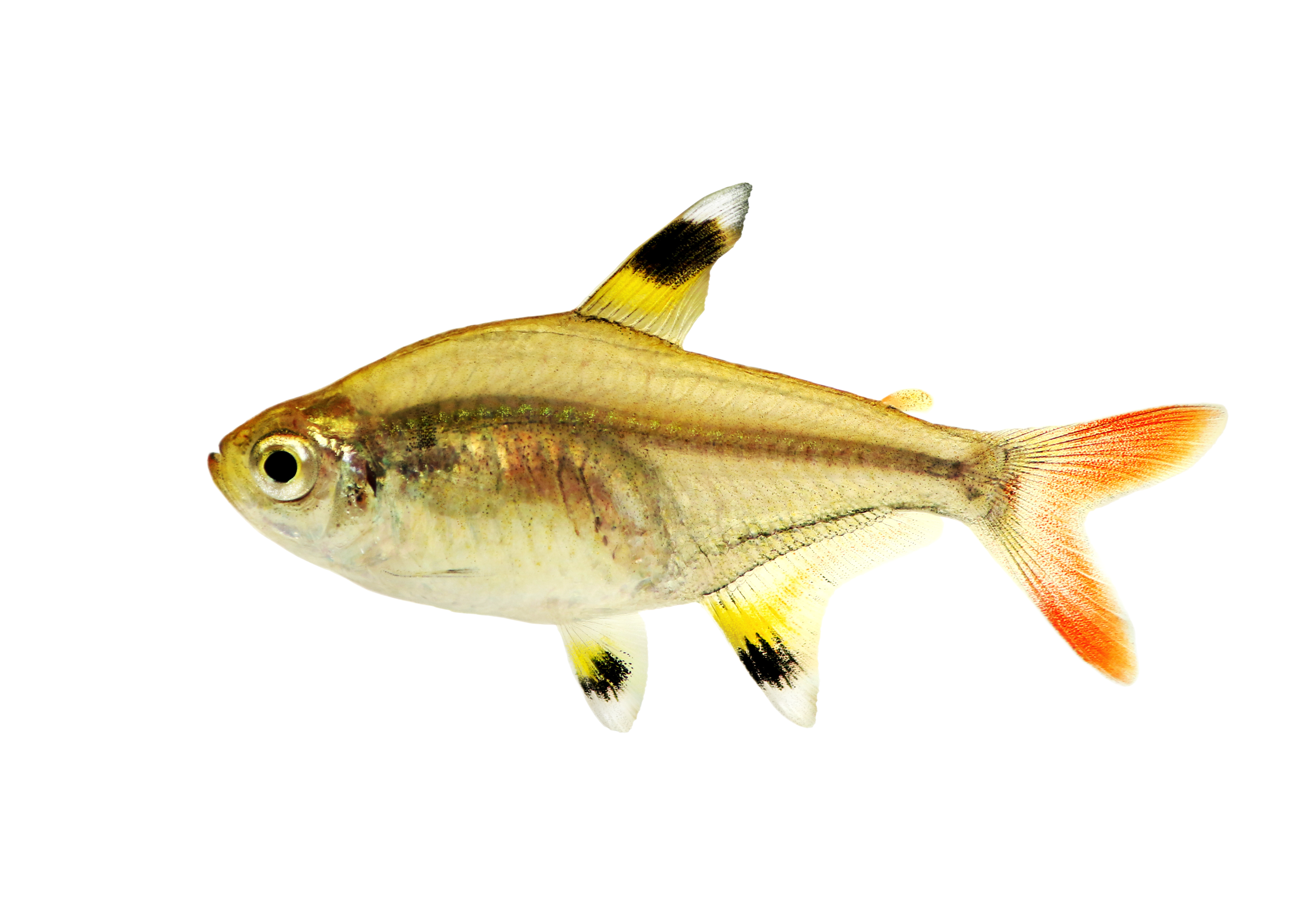
Learn more about how you can help Project Piaba and our mission.
